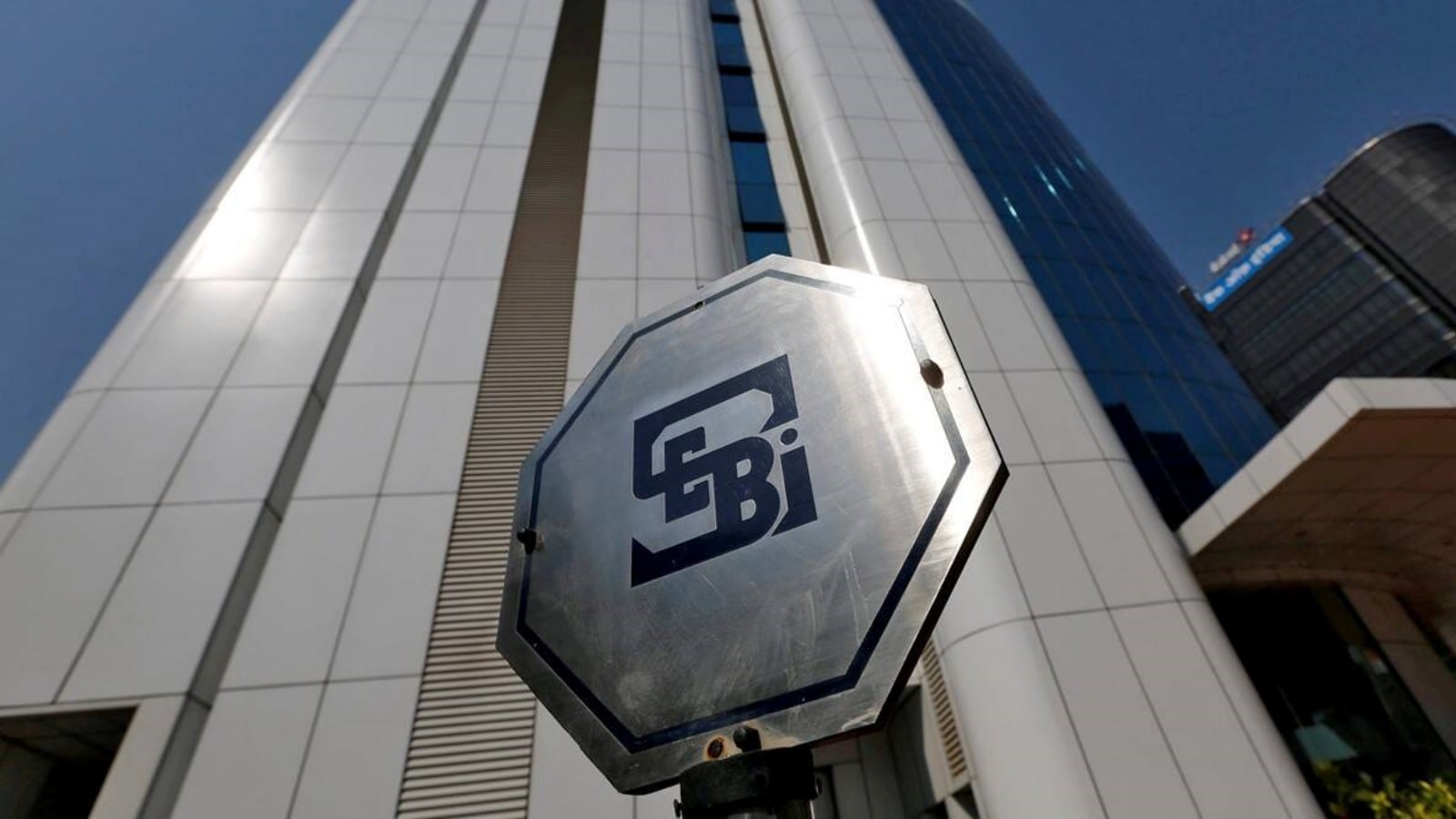


The Securities and Exchange Board of India (SEBI) has unveiled a series of significant regulatory changes impacting various sectors, from public sector undertakings (PSUs) to start-ups and foreign investors.
SEBI has introduced a simplified delisting process for PSUs. PSUs (excluding banks, NBFCs, and insurance companies) where government and/or other PSU shareholding reaches 90% or more will be eligible for delisting via a fixed-price method. This process mandates a minimum 15% premium over the floor price.
To enhance ease of doing business, SEBI has relaxed certain regulatory requirements for Foreign Portfolio Investors (FPIs) exclusively investing in government securities (G-Secs). Key changes include:
These relaxations are particularly timely given the recent inclusion of G-Secs in major global bond indices, such as the J P Morgan Global EM Bond Index and Bloomberg EM Local Currency Government Index.
SEBI has addressed a key challenge faced by start-up founders. Previously, promoters were required to liquidate Employee Stock Options (ESOPs) before an IPO. Now, founders holding ESOPs granted at least one year prior to filing the DRHP can retain them even after listing. This change aims to support entrepreneurship and innovation.
To boost capital formation in unlisted companies, SEBI is permitting Category I & II Alternative Investment Funds (AIFs) to offer co-investment schemes (CIV schemes). This allows AIFs and investors to co-invest, streamlining the process currently handled via Portfolio Management Service (PMS) regulations. Each co-investment will require a separate CIV scheme with built-in safeguards.
Finally, SEBI has announced a settlement scheme for stock brokers who traded on the National Spot Exchange Ltd (NSEL) platform and faced enforcement actions. This offers an opportunity to resolve outstanding proceedings and reach a quicker conclusion.
These comprehensive changes reflect SEBI's commitment to fostering a dynamic and efficient financial market.

